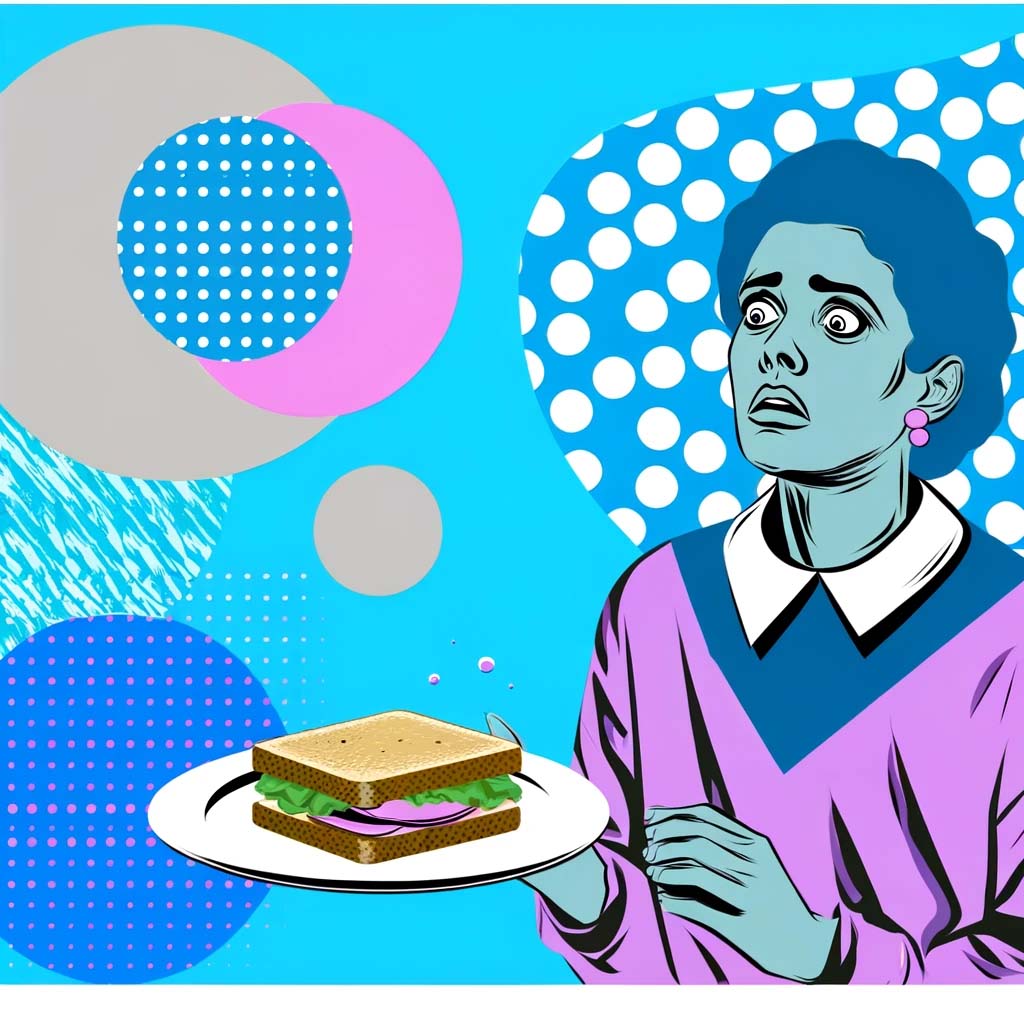While the claim that emetophobia (the fear of vomiting) is definitively “the most debilitating phobia” is subjective and would require extensive comparative study, there’s compelling evidence that it ranks among the most profoundly impactful phobias for several reasons:
1. The Invasiveness of the Fear
- Constant Anticipation: Unlike phobias of localized objects or events (spiders, heights), emetophobia revolves around a bodily function that can, in theory, occur anytime. This fuels a pervasive sense of anxiety versus occasional bursts of fear.
- Visceral Nature: The act of vomiting is an intensely visceral experience with physical sensations, sounds, and sights that trigger deep-seated disgust for many people, even without a phobia. For emetophobes, this disgust is amplified, making the fear unavoidable and deeply unpleasant.
- Uncontrollability: The possibility of losing control over one’s body is terrifying. Vomiting, perceived as involuntary, exacerbates this sense of lost control, a core driver of many anxieties.
2. Deeply Embedded Social Stigma
- Shame and Secrecy: Vomiting is widely seen as embarrassing and socially unacceptable. This shame intensifies the fear, making it harder to seek help and causing many to suffer in silence, leading to further isolation.
- Misunderstood Severity: Emetophobia is frequently downplayed as a ‘discomfort’ rather than a debilitating phobia. This lack of understanding from others adds to the emotional burden.
- Triggering Environments: Unlike some phobias, emetophobia triggers are everywhere: illness is common, food consumption is unavoidable, and even visual/auditory cues (e.g., someone coughing) can incite distress.
3. Profound Impact on Daily Life
- Food Restriction & Eating Disorders: Severe food anxiety leads to rigid, ‘safe’ food routines, often causing nutritional deficiencies and potential development of disordered eating patterns.
- Social Isolation: Fear of getting sick or witnessing others vomit leads to withdrawal from social events, travel, and even eating in public, shrinking a person’s world.
- Healthcare Avoidance: Emetophobes may avoid vital medical care due to hospital anxieties, placing their physical health at risk.
- Obsessive Cleaning & Hypochondria: Constant sanitization and an obsessive focus on contamination and perceived illness symptoms can parallel OCD behaviors.
- Self-Sabotaging Tendencies: The fear impacts major life decisions: declining jobs due to travel, avoiding relationships, or even forgoing pregnancy out of fear.
4. Difficulty in Treatment
- Exposure Therapy Challenges: The core method of phobia treatment, exposure therapy, is inherently difficult with emetophobia. It may be unethical to intentionally induce vomiting, and safe exposure alternatives can be hard to find.
- Limited Therapist Specialization: Emetophobia’s relative obscurity compared to other phobias means fewer therapists specialize in it, hindering access to effective treatment.
- Comorbidity: Emetophobia often exists alongside OCD, eating disorders, and generalized anxiety, complicating the treatment plan and impacting outcomes.
Important Considerations
- Individual Variability: Every phobia is intensely personal. It’s impossible to objectively quantify suffering. Another phobia might be equally or even more debilitating for another person.
- Accessible Treatment is Key: While emetophobia poses unique challenges, with increasing awareness and specialization, treatment options and success rates are improving. Seeking the right help is crucial.
In conclusion, emetophobia’s pervasiveness, social stigma, profound impact on functioning, and the complexity of treatment contribute to its status as one of the most severely debilitating phobias. While every phobia deserves respect and understanding, it’s crucial to recognize the unique ways in which emetophobia can compromise a person’s well-being and restrict their life, underscoring the paramount importance of effective support and treatment.
Disclaimer: This article is for informational purposes and should not replace professional guidance.





0 Comments